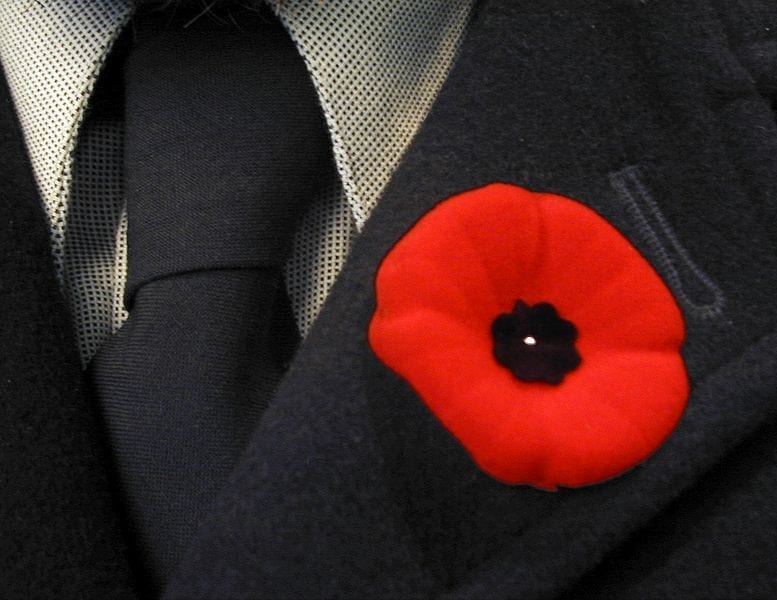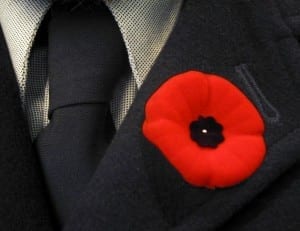More than poppies

Remembrance Day should mean more than a day off of school
Author: elisabeth sahlmueller – contributor
Many students are excited for the upcoming Remembrance Day holiday for a day off. This gives people a chance to relax and catch up on homework and some much needed sleep. At this point in the semester, a day off is definitely needed. However, Remembrance Day should have more importance than simply a day off.
This year, Remembrance Day marks the 100th anniversary since the beginning of World War I. On Aug. 4, 1914, Great Britain declared war on Germany. Since Canada was part of the British Empire, Canadians were drawn into the war. On that summer day, Canada was forever changed.
Over 600,000 enthusiastic Canadians enlisted in the war believing it would be patriotic, exciting, and short, but the war was far from it. World War I was completely different based on tactics, weapons and overall style from any of the previous wars Canada was involved in. Another main difference was that it quickly became a what’s called total war. Everyone was invested and contributed to the war effort, on both the war and home fronts. Men fighting on the war front experienced horrible conditions including mud-filled trenches with rats that spread disease. Soldiers were also forced to fight through poisonous gas attacks. Women on the home front were not exempt from war’s hardships; they, too, had a significant role in the war effort. They knitted much-needed socks and bandages and many became nurses stationed directly on the front lines.
Many bloody battles were fought, but the success at Vimy Ridge helped push Canada to become the strong country it is today. Afterwards, Canada was recognized as a powerful country, not just a part of the British Empire.
Finally after four long years of fighting, the First World War came to an end on Nov. 11, 1918, with an armistice signed in the early morning. This armistice negotiated that the fighting would end that day at 11:00 am.
The First World War is often referred to as “the war to end all wars.” At that time, it was intended that this would be the last world war, because nobody wanted to experience another war on such a large scale. Unfortunately, this idea did not last. Since then, World War II, the Korean War, peacekeeping missions and dozens of other wars have occurred throughout the world involving several different countries.
Back when we were younger, we didn’t understand the importance of the holiday, we just wore the poppy with pride. Many times we complained about the prick from the pin, or felt upset when we looked down and realized our poppy had fallen off our chest.
In 2014, it can be difficult to imagine a war on such an immense level, especially what Canadians experienced with World War I. People often think of war as patriotic and glorious, but World War I was not. Hurt and heartbreak were evident themes in the hearts and minds of all Canadians.
Wearing a poppy is a way to remember and honour the more than 56,000 Canadians who died and around 172,000 who were wounded during those long four years, as well as the thousands more who have died in the wars and peacekeeping missions Canada has been involved in since 1918. Of all those killed, everyone was a loved member of someone’s family. Families were torn apart and left heartbroken when they learned their brother, son, father or sweetheart wouldn’t return alive.
There are many ways Canadians can show their appreciation. Wear a poppy and take two minutes to reflect on the peace and freedom you enjoy, because thousands risked, and some lost, their lives for it.
Let us never forget the men and women who fought and died fighting for our country, our peace, and our freedom. Without them, Canada wouldn’t be the country it is today. Lest We Forget.









